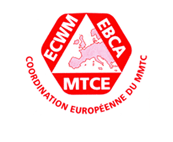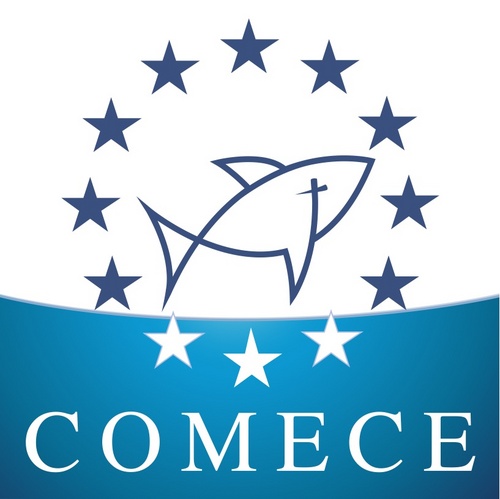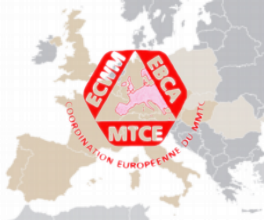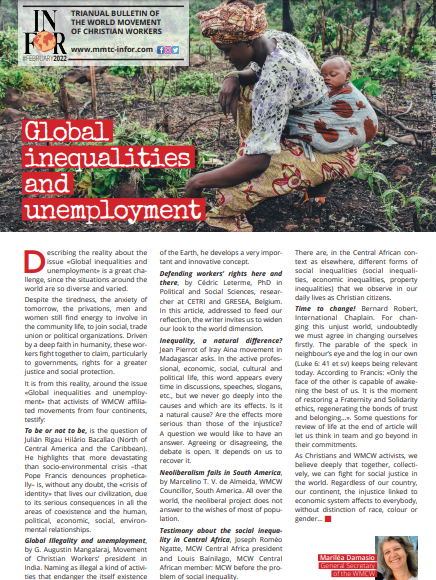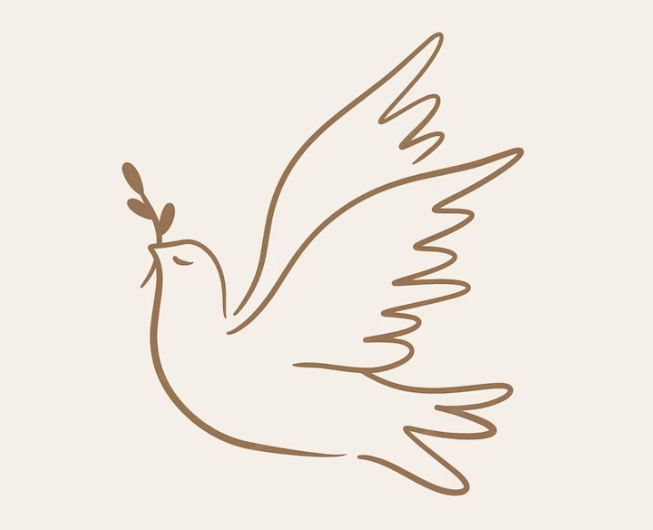
Twice in John's Gospel, after the Resurrection, Jesus says to his disciples "Peace be upon you". This wish of Jesus is not only addressed to his disciples, but to all mankind. And today we dare to say that it is addressed to all countries where there are armed conflicts, of greater or lesser intensity, and especially to the peoples of Ukraine and Russia.
A message addressed to the peoples and to the leaders of the peoples, to the politicians and to the military leaders. A message addressed to the weakest of all peoples where there are armed conflicts. A message to so many mothers, so many wives, so many small children, who see that their men, their fathers, do not return because they have died on the battlefield. The peace that Jesus wishes us is a message of hope with the desire that the powerful soften their hearts and seek understanding.
“It takes two to make a quarrel”, says a well-known and wise saying that gathers the experience of long years of conflict. That is why the Latin maxim “Si vis pacem para bellum” could become “Si vis pacem para pacem” if the parties to the conflict were willing to put an end to all hostilities, whether armed, economic, cultural, social, or labour-related. Thus, Jesus' call to be peacemakers makes perfect sense in our days and in the face of all conflicts: “Blessed are the peace-makers; they shall be counted the children of God”, we read in Matthew's Gospel. As hostilities and quarrels too often arise from the human heart, this text clearly emphasizes that peace is work.
The apostle Paul, in his letter to the Galatians, proposes to us to live according to the Spirit, which leads us to long for peace and to live attitudes of peace: “The spirit yields a harvest of love, joy, peace, patience, kindness, generosity, forbearance, gentleness, faith, courtesy, temperateness, purity”. Faced with this proposal, we wonder about the criteria that guide the leaders of the nations in conflict: are they religious criteria, or are they criteria of envy, revenge, power, and economic profit? Do they have the attitude of Cain? Perhaps they have never opened their ears to hear God's question to Cain: “Where is thy brother Abel?”
War only produces poverty of all kinds, of which mainly the workers and so many people marked by all kinds of weaknesses are victims. Therefore, as movements belonging to the European Christian Workers' Movement, we stand in solidarity with the workers of Ukraine and Russia and support their desire for peace and their right to decent work.
But we also want to draw attention to the patriotic and ultra-nationalist proposals that often hide the personal and lucrative interests of the powerful, whose sons will never be sent to die in war, whose jobs will never be destroyed, whose interests are disguised as love of country and grandiloquent and fiery speeches that disguise their lust for profit and power.
For all these reasons, we demand an immediate cessation of hostilities and the practice of dialogue and negotiation. We strongly believe that the entire international community should become involved in achieving the desired peace. We also propose that the resources that are being devoted to maintaining the conflict in Ukraine should be devoted to the reconstruction of all the ruined areas and the promotion of decent work.
And finally, we firmly maintain that the economic means that Russia is devoting to the war they started by invading Ukraine should be devoted to promoting employment and the welfare of their citizens. We also humbly propose that the Christian Churches of Ukraine and Russia, our sisters, work with the Gospel in hand to achieve peace, and to be worthy daughters of God, who created us in his image. May peace imply the cessation of violence, the cessation of injustice and the cessation of all justifications for war as a way of resolving conflicts between peoples. May peace be the best fruit of the Easter we are now celebrating.
Standing Committee of the European Christian Workers' Movement, 2023
